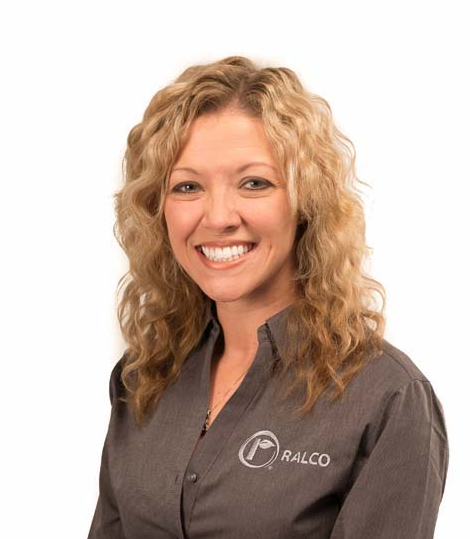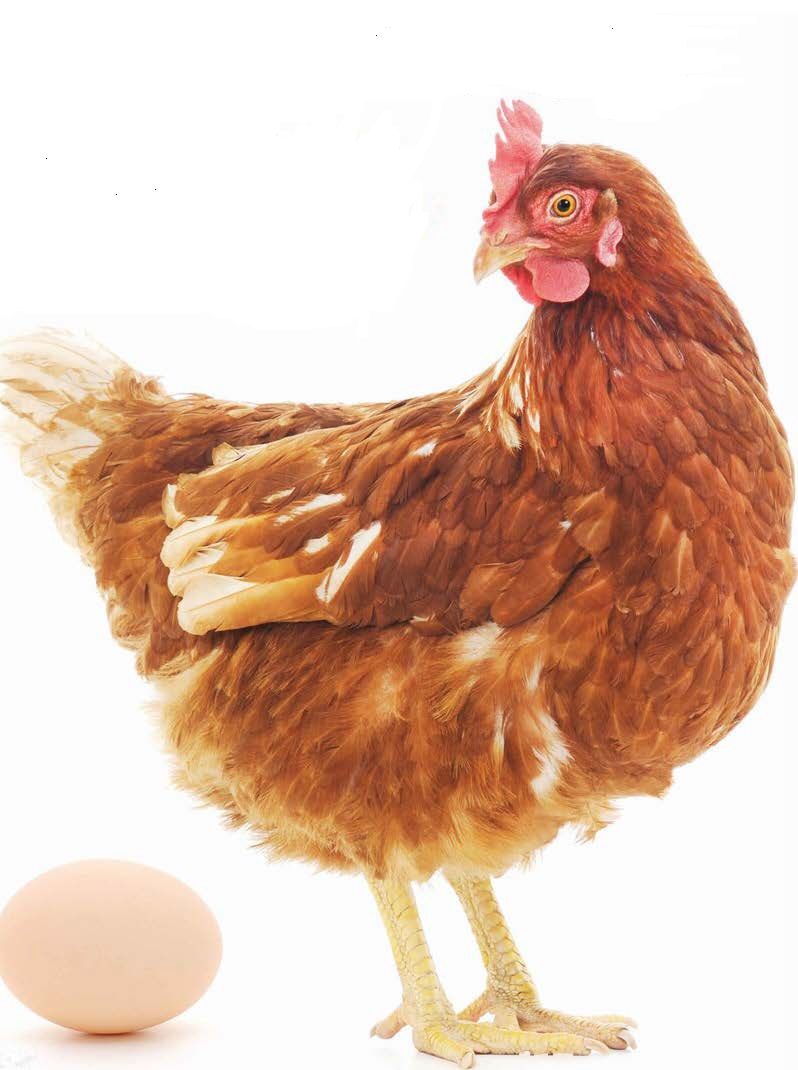‘Calling Doctor Chicken-Keeper’
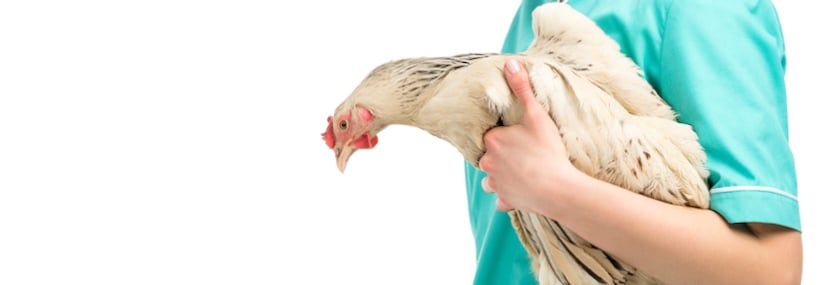

Why poultry surgery is not a DIY project
Recently, I have come across blog posts and been involved in troubling conversations regarding bird owner attempts at surgery. It rarely ends well.
There are several reasons not to attempt surgical procedures on your birds—instead, we will provide resources to connect you with avian veterinarians that can safely and humanely administer medical procedures to allow for a pain free-infection-free procedures.
Consider the stress effects
If you have ever undergone any medical procedure or surgery, you understand how unnerving it can be. Even if you know what is actually happening and why, it can still be really scary! Our birds do not have this understanding, and as prey animals they are very susceptible to stress, but good at hiding it. They are hard-wired with a very strong “flight response” and get stressed out very easily.
It is most likely very important to you, as a small flock owner, that your birds trust you and you have worked to establish that trust relationship.
If you come at your bird with a scalpel and inflict pain, you are looking and acting a lot like a predator in their eyes!
Veterinarians and their staff are trained to decrease the stress of medical procedures. They may administer sedatives and anesthetic agents that calm patients and prevent awareness and recollection of the traumatic events of a surgical procedure.
Surgeries are by their nature very invasive, and the bird’s body undergoes stress during surgical procedures.
Veterinarians provide support to patients during these procedures in several ways, including:
- Administration of fluids to patients to ensure they are well hydrated throughout the procedure
- Ventilation support and adequate oxygen
- Special heat support can keep patients at the appropriate temperature before, during, and after procedures
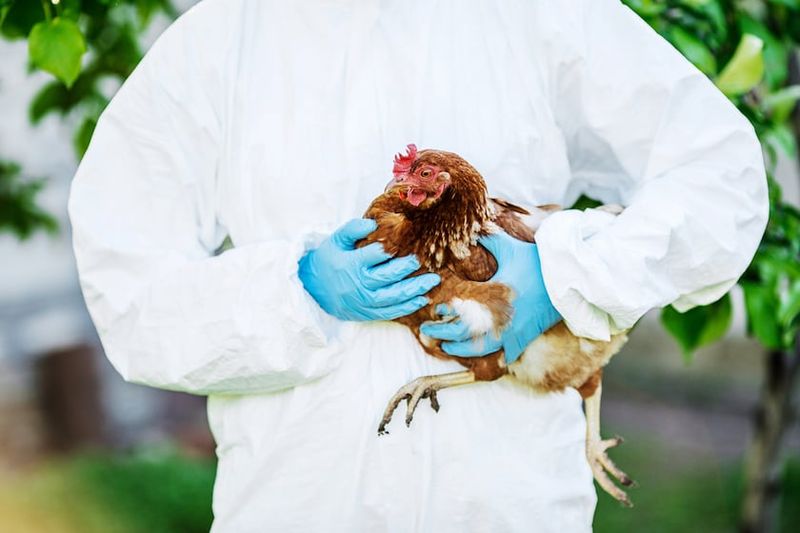
As you can see, these are just a few examples of the many ways that veterinarians can support their avian patients to decrease stress in ways that bird owners cannot realistically provide on their own.
Pain is real, and necessary
When it comes to animals, pain is described as an aversive—or unpleasant—sensory experience. Actual or potential injury elicits (brings out) protective reactions, avoidance, and modifications of behavior, including social behaviors.
Pain is important because it changes an animal’s behavior to reduce or avoid damage, which in turn, will reduce the likelihood of recurrence and promote recovery.
For example, animals feel pain when they injure a foot, and they begin to limp so they can reduce pressure on that foot and do not continue to cause further damage before it can heal.
The pain experience in birds is considered comparable to that of mammals, and even though birds cannot tell us with words the pain they feel, we know birds exhibit indicators of pain.
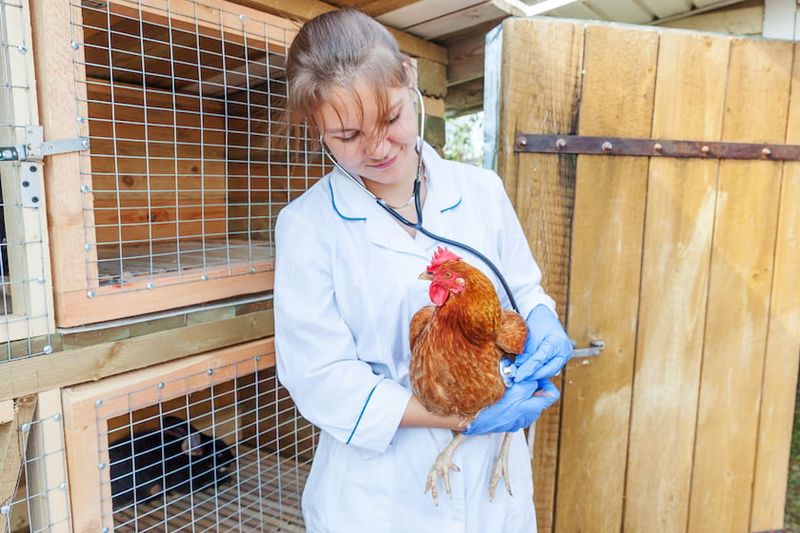
Bear in mind that because poultry are prey animals, they can do a really good job at hiding pain and injuries until they are really severe.
It has also been demonstrated that providing pain relief to injured birds results in a quicker recovery. Providing protection and relief from pain is essential for the welfare of our small flocks.
Veterinarians reduce pain in multiple ways when performing medical and surgical procedures on birds:
- They are trained in proper restraint of birds to reduce discomfort and stress.
- Veterinarians are trained in the location of the nerves and how to avoid them in surgical procedures and use that knowledge to block pain sensation to the brain.
- Extensive training in anatomy gives an expertise to know where the appropriate places are to make surgical incisions create the least amount of collateral damage, allowing for quick healing.
- Birds’ skin is very fragile, and the appropriate surgical instruments, blades, and technique are required to avoid causing further damage.
- Veterinarians can provide anesthesia to reduces stress; certain anesthetics also provide pain relief.
- Particular medications decrease inflammation which can results in pain reduction.
- Veterinarians also have training, equipment and medications available if something goes wrong and can react to stop bleeding, provide fluids, or give oxygen support.
Inflammation is dangerous
Whenever tissue injury occurs—whether by an accidental traumatic event, predator attack, or by intentional medical procedures—the body’s natural defense mechanisms cause a process called inflammation.
Inflammation can be good; for example, white bloods cells head to the site of injury and can help protect the body from invaders like bacteria.
However, inflammation can also cause swelling, pain and when uncontrolled, can actually cause more damage to the site.
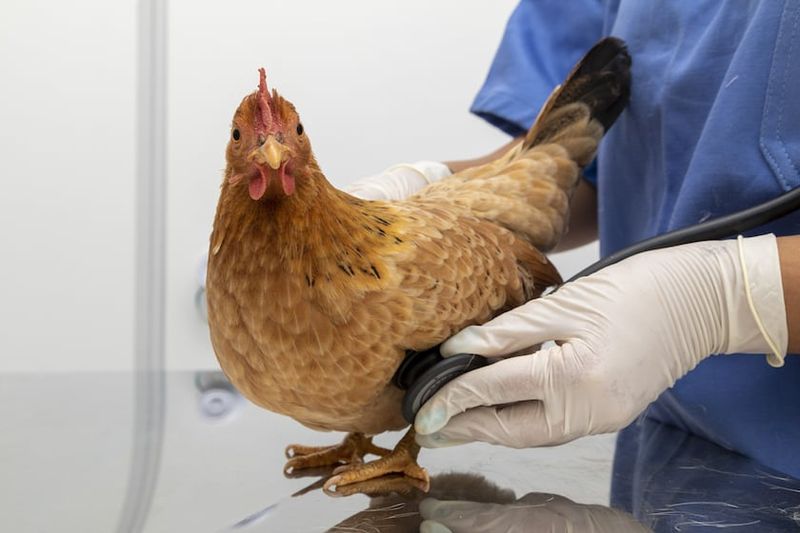
Similar to pain, research has shown that the inflammatory response in birds is also similar to mammals. Certain anti-inflammatory medications have been proven to be effective. However, there are considerations that must be taken into account with regard to the liver, kidneys, and the digestive system.
Consequently, anti-inflammatory medications should only be administered to birds under the direction of a licensed veterinarian. It is also important to understand which drugs can be administered to egg-producing birds or birds that will be used for meat.
It is extremely important that inflammation and infection be appropriately controlled when surgery is performed to avoid complications like surgical site dehiscence (where the wound splits or bursts open). Veterinary surgical techniques limit tissue injury and detailed pharmacology knowledge informs which medications are safe to use to decrease inflammation in avian patients.
Infection prevention
Skin is one of the body’s primary barriers to protect the bird from infections. When the skin is broken, even during surgery, infection can occur if preventative measures are not taken.
Veterinarians and veterinary technicians are trained to prepare surgical sites aseptically, which creates a sterile site on the bird’s skin to make an incision. This process requires appropriate materials as well as training and practice to do correctly.
The goal of the surgical preparation of the skin is to reduce the numbers of bacteria and to do it without damaging the birds’ skin. This process reduces the risk of infections.
Veterinary staff are also trained to process equipment in a way to ensure it is sterile. In addition, they are trained to prepare themselves, especially their hands, and put on surgical gloves in a manner that will maintain sterility. This process also reduces the risk of infection.
Depending on the specific procedure and the patient, antibiotics may be provided before, during and/or after the surgical procedure in another measure to prevent infections. Veterinarians are trained to know which antibiotics are most effective, appropriate for the given procedure, and safe to use to reduce risk of infection in avian patients.
Resources you can count on
All veterinarians receive some avian training in school, but what can you do if your local veterinarians say they do not treat birds? There are many resources available to find veterinarians that have bird experience and expertise. The PoultryDVM website has a searchable online directory of poultry veterinarians (poultrydvm.com/poultry-vets.php.
The American Association of Avian Pathologists Small Flock Committee is in the process of creating a similar database for small flock owners and may be able to assist in the interim as that is being built. (aaap.info/small-flock-committee). You may also contact your state veterinary medical association and they may be able to help find veterinarians that treat small flocks in your area.
Veterinarians spend many years learning anatomy, pharmacology, anesthesia, and undergoing training to perform surgical procedures safely and humanely while decreasing pain to the animal and reducing the risk of post-surgical infections.
To ensure the best care and welfare for your birds, please do not attempt to do these procedures on your own.
Tags:Poultry Advancements

Chicken Whisperer is part of the Catalyst Communications Network publication family.


